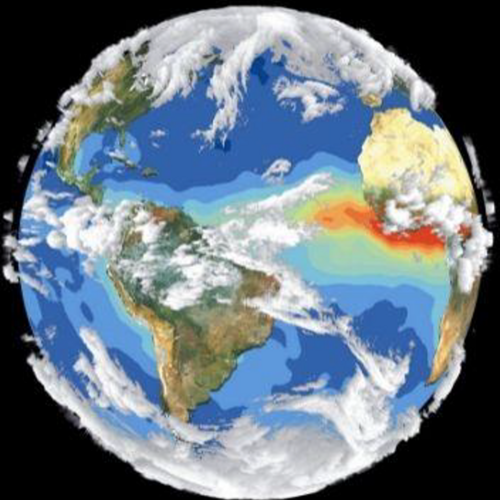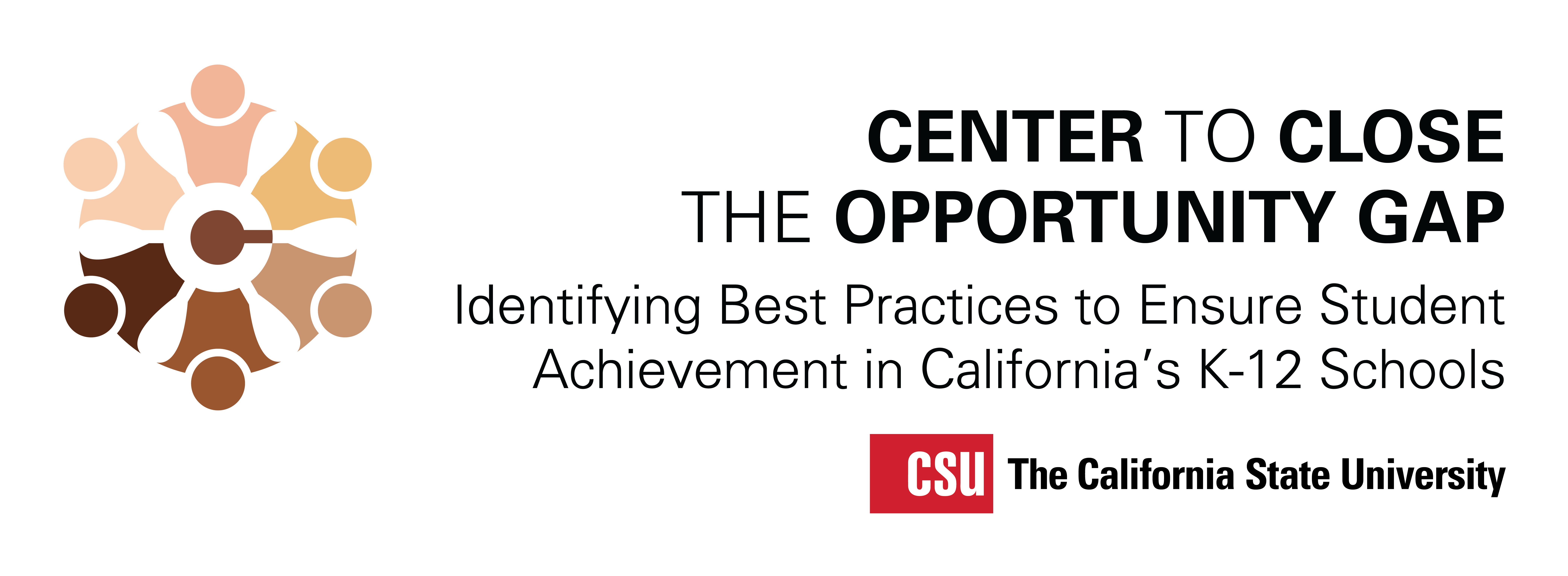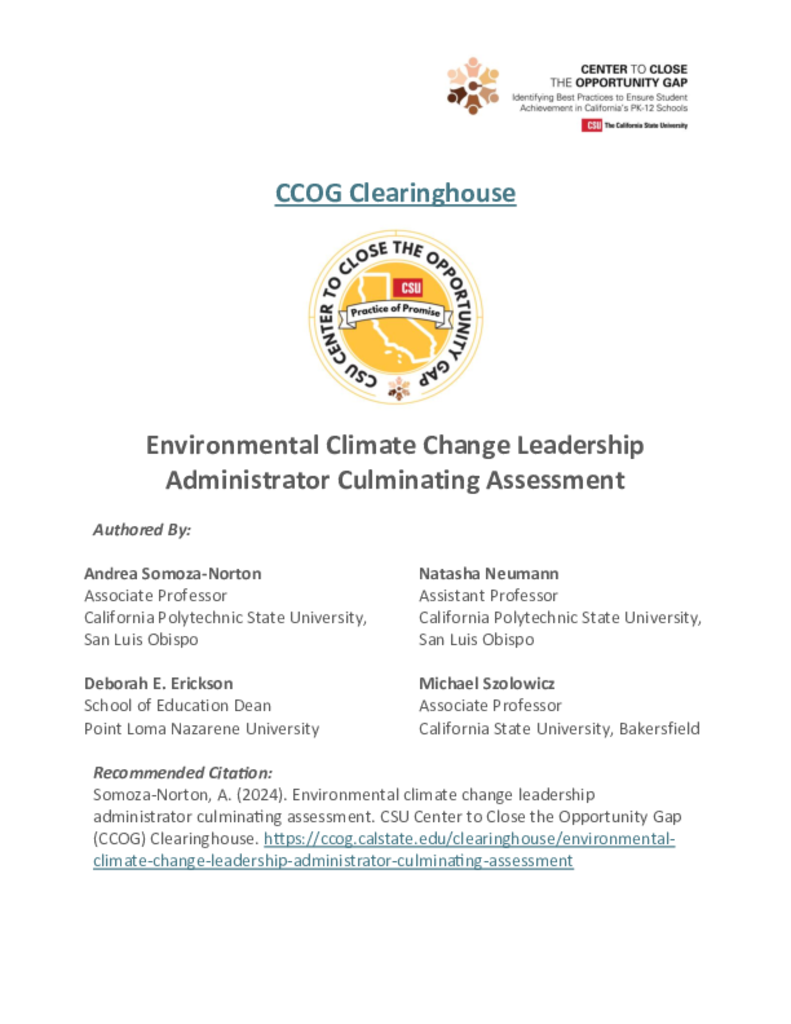

Environmental Climate Change Leadership Administrator Culminating Assessment
Target Audience
- PK-12 Teachers & Student Support Personnel
- Higher Education Faculty
- Coaches/Teacher Support Personnel
- School and District Administrators
Grade Levels
- N/A
Topic Areas
- Assessment
Description
Educational Leaders must be ready for this change and be proactive. Environmental Climate Change Leadership focuses on people, resources, facilities, and planning and is the topic of the proposed culminating assessment made up of four case scenarios. This document is a supplemental assessment to be used in addition to the California Administrator Performance Expectations (CAPE) as the topic of Environmental Climate Change Leadership is absent from the current three cycles of the California Administrator Performance Assessment (CalAPA) and the educational leadership literature in general. The urgency to prepare educational leaders for the effects of climate change on student learning along with support from San Diego State University to establish a dedicated workgroup on the topic, and funding from the Stuart Foundation, are the impetus for this project. The objective of the assessment is to equip instructors with materials to prepare educational leaders for the effects of climate change on student learning. The effects of fires, hurricanes and flooding, drought, and mass migration due to climate changes must motivate leaders to plan now in order to act in favor of students and avoid learning disruptions.
Opportunity
The objective of the following case scenarios, which compile the Assessment Consequential Tasks is to inspire future educational leaders to be change agents and consider policy, local solutions to local problems, and think beyond today to affect current students as well as newcomer students who may arrive as a result of climate disasters. Specifically, the goals of this consequential task are:
- Analyze and evaluate the impact of climate change on education in a global, national, regional, and local context.
- Synthesize and effectively communicate associated risks associated with local environmental conditions, and management strategies to the school community.
- Develop leadership and capacity skills to respond, mitigate and adapt to the impact of climate change on the school community.
- Apply new knowledge associated with climate change to reorient teaching and learning and provide mechanisms for learning continuity.
- Plan and recommend steps for climate-proofing related to facilities, infrastructure, and operations.
Resource Files

Recommended Citation
Somoza-Norton, A. (2024). Environmental climate change leadership administrator culminating assessment. CSU Center to Close the Opportunity Gap (CCOG) Clearinghouse. https://ccog.calstate.edu/clearinghouse/environmental-climate-change-leadership-administrator-culminating-assessment
